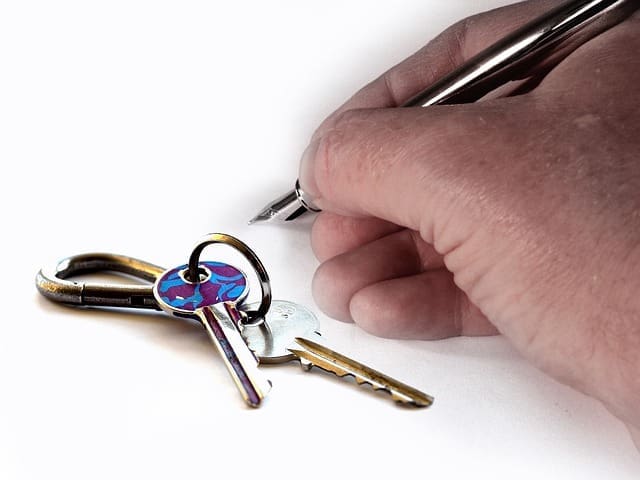

Commercial leases between the tenant and the landlord cover many aspects surrounding the lease of the property. The document should provide protection for both the landlord and the tenant. Commercial landlords must deal with tenants who are struggling to pay their rent, and often this, unfortunately, means starting an eviction process. But what about the tenants? What rights do they have? Florida rental laws can certainly harm a landlord’s proposed solution to the problem if they do not carry out the process of eviction in the right way.
Breach of Contract
As a commercial tenant, it is certainly not a good idea to do anything that causes you to be in breach of your contract with your landlord. However, there are times when such breaches are unintentional, and the landlord must give you a reasonable chance to put things right before they take any action against you. As an example, if the business tenant is responsible for the maintenance of the property and they have neglected to carry out repairs, the landlord might decide that they are going to evict them. However, the landlord must give the tenant fifteen days’ in which to put right the repairs. This must be done in writing, or the landlord will be in breach of the contract. If, after fifteen days, the tenant has still made no move to carry out the repairs, the landlord will be within their rights to begin the eviction process. This scenario assumes the lease agreement does not specify a different timeline.
Monetary Breach of Contract
If the tenant fails to pay their rent on time, the landlord must give the tenant three days’ notice in which to make good the overdue payment. Three days is the default amount of time for such monetary breaches, but it is possible to negotiate different terms with the landlord.
Adequate Eviction Notice
If the eviction process becomes necessary, the landlord cannot evict the tenant without prior notice. The correct legal procedures must be adhered to at all times throughout the process. Depending upon the breach, the landlord must give the tenant a hand-delivered eviction notice after the three or fifteen-day notice period. The landlord must also, at this time, through state court, file an unlawful detainer complaint which must, in turn, be served to the tenant. The tenant has five days to respond to this. The tenant has the right to file a counterclaim, and this, in turn, gives the landlord five days to respond.
Self-help Evictions
If the landlord comes to the property and changes the locks, and removes the belongings, this is called a self-help eviction. It is important to realize that Florida law prohibits self-help evictions, and tenants are protected from such actions. If this happens, the tenant has the right to go to court to face this breach by the landlord.
Withholding Rent
As commercial tenants in Florida, tenants do have the right to withhold rent if the landlord does not live up to their side of the agreement. An example is if the landlord is responsible for the repairs and they are not carried out, the tenant can withhold rent, but it is important the correct procedure is followed to ensure there is no breach of the lease on the tenant’s part. The tenant must give the landlord 20 days’ notice regarding the repairs and must also advise that they plan to withhold the rent, giving a specific timeline for this. It is important to note that the lack of repairs must render the business premises unusable rather than just cosmetic. The landlord and tenant should remain in written contact while these procedures are followed.
Quiet Enjoyment Rights
The landlord must agree not to disturb the tenant’s property and contents, and the tenant must be able to enjoy an uninterrupted tenancy throughout the period of the lease. The landlord does not have the right to access the premises, and this forms part of a default commercial lease unless it is changed specifically.
It is important to ensure that, as commercial tenants, they fully understand the terms of the lease agreement. If they do not, it is important to engage a commercial litigation lawyer. A firm of commercial litigation lawyers in Orlando suggests that the first thing to check is the length of the lease, closely followed by carrying out a long-term cost analysis. There are a whole plethora of checks to be sure all parties are happy with before signing such a lease, and hiring a commercial litigation lawyer to do this for them might be one of the best business decisions they will make.



